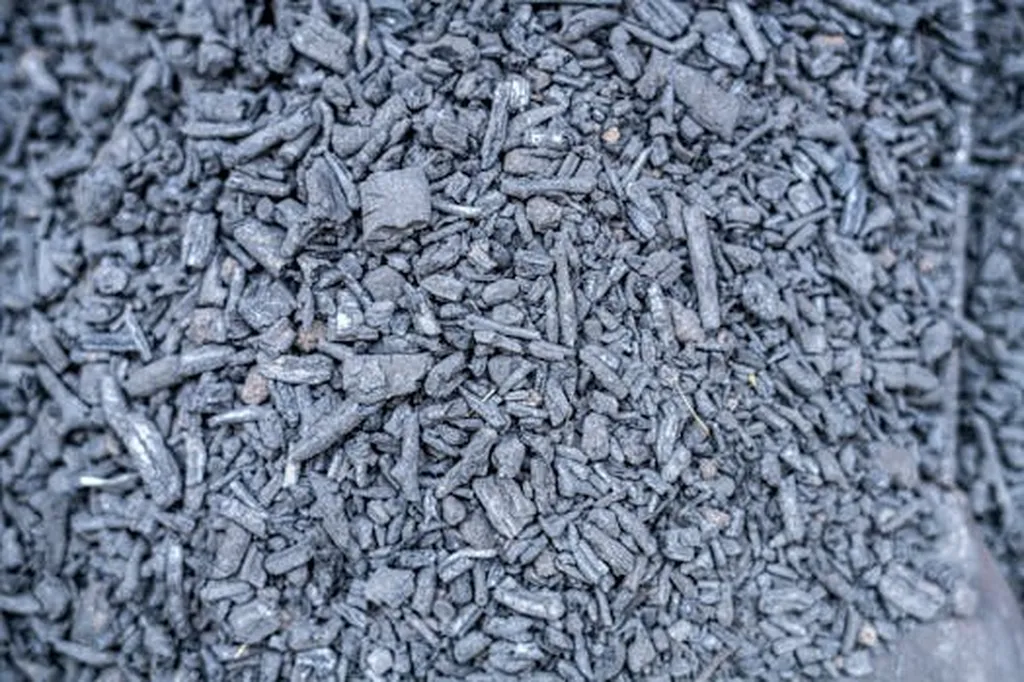In the rapidly evolving world of carbon removal, India-based company Varaha is making significant strides, becoming the largest carbon project developer in Asia since its founding in 2022. The company’s innovative approach centers around engaging with smallholder farmers, those managing farms smaller than 10 hectares, and sharing a percentage of the income from carbon credits produced with them. This model not only incentivizes sustainable farming practices but also addresses critical environmental and economic challenges.
Varaha’s unique focus on smallholder farmers is a result of both expertise and location. India, with its vast agricultural landscape and 130 million farmers, presents a substantial opportunity for carbon removal. The country produces half a billion metric tons of biomass annually, much of which is wasted through burning or decomposition. Varaha intervenes by purchasing this biomass from farmers, creating biochar—a high-carbon product—and then providing it back to the farmers as a bio-fertilizer. This process tackles multiple issues: reducing crop residue burning, a significant health hazard, increasing farmers’ income, removing carbon, and enhancing soil productivity while reducing the need for chemical fertilizers.
The company’s recent deals with tech giant Google and sustainable investment firm Mirova underscore its growing influence and the effectiveness of its model. Varaha’s ability to issue carbon credits from biochar and enhanced rock weathering projects has positioned it as a leader in the carbon removal space. Madhur Jain, CEO of Varaha, attributes the company’s success to its team’s agricultural expertise, the vast agricultural landscape in India, and the growing interest in carbon markets from companies with net-zero targets.
The implications of Varaha’s success are far-reaching. It demonstrates that carbon removal technologies are maturing and that these credits can be realistically measured and issued. This growing trust and transparency in the carbon market are crucial for scaling up carbon removal efforts globally. Moreover, Varaha’s model showcases how carbon markets can support sustainable agricultural practices, enhance food security, and improve livelihoods for smallholder farmers.
As Varaha continues to expand and innovate, its impact on the carbon removal industry and agricultural sector is poised to grow. The company’s focus on creating value across carbon, climate mitigation, adaptation, livelihoods, and food security sets a compelling example for the future of sustainable agriculture and carbon markets.

